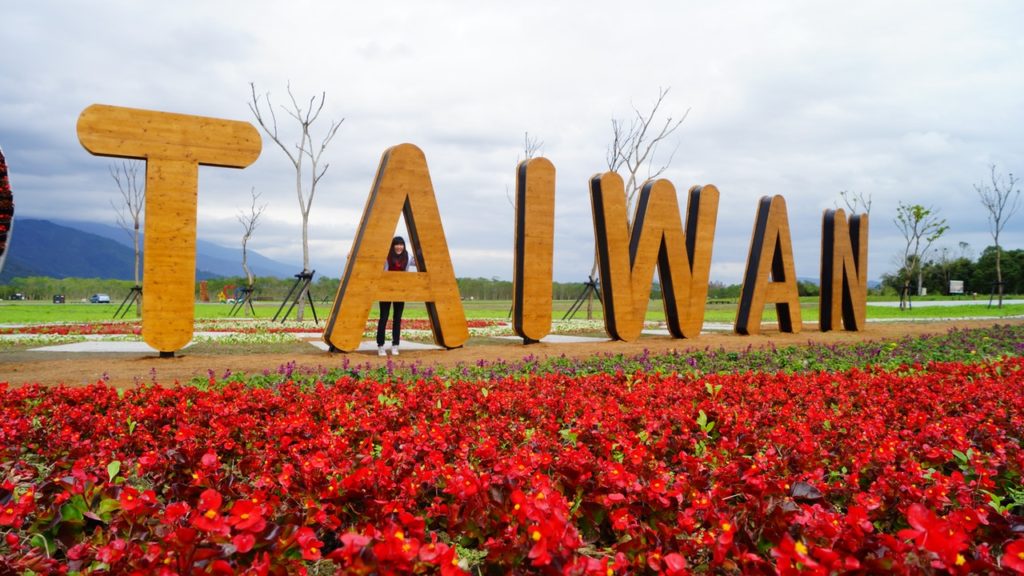Nancy Pelosi’s trip to Taiwan this week made international headlines, with many fearing that the visit – which was less than 24 hours long – could spark greater international conflict.
Her brief trip was the first made by a senior US official in 25 years, and truly rocked the boat when it comes to US-China relations.
From US President Joe Biden’s decision not to support it to Russia’s intervention, here’s everything you need to know about the visit.
What’s the tension between China and Taiwan?
China and Taiwan, an island off China’s east coast, were split through a civil war in 1940s.
Taiwan has since become self-governed with democratically elected leaders and around 300,000 active troops in its armed forces.
However, Beijing doesn’t see it that way. It has repeatedly claimed it plans to seize Taiwan again, and continues to act as though it is still part of China.
Most nations technically recognise Taiwan as part of China under Beijing’s “One-China Policy”, in order to maintain good international relations with the growing nation.
Yet, the US skirts around this issue by providing Taiwan with a means to defend itself (even as the White House insists it does not recognise the state’s independence).
China’s ruling Communist Party has warned it will use force if Taiwan ever formally declares independence, while Taiwan maintains it is a sovereign state, and that it will continue to protect itself.
What was Pelosi doing in Taiwan?
Pelosi, speaker of the House of Representatives since 2019, was in Taiwan for less than 24 hours, to “make it clear” the US would not “abandon the island”.
It was essentially a symbolic gesture and appeared to show the US’ loyalty to Taiwan over China – especially as she was awarded one of Taiwan’s top civilian honours while she was there.
She downplayed the visit and the outcry from China, too, saying: “I think they made a big fuss because I’m speaker – I don’t know whether that’s the reason or an excuse.”
She also claimed Beijing didn’t protest when a group of male US officials visited previously.
Pelosi did undermine the US’ official place with the “One-China Policy”, but she has been a vocal critic of the Chinese leadership for years, particularly with its human rights record.
Her actions have not gone unnoticed either – Beijing has previously dubbed her “full of lies and disinformation”.
US President Joe Biden could not stop Pelosi, although he told reporters that the US Department of Defence thought it was not a good idea.
However, as part of the US Congress, Pelosi is independent of the White House – and second-in-line for the presidency after vice-president Kamala Harris.
So, why was it so significant?
Speaking to the BBC, emeritus professor of international history Margaret MacMillan from Oxford University explained that it could enrage China enough for the country to push back against other US policies.
Claiming the West “held its breath” over the visit, she also claimed: “Let’s hope it isn’t one of those historic moments where we all look back and say ‘Oh that really was the beginning of something.’”
It’s worth noting that the Senate Foreign relations committee intends to discuss a new policy this week called Taiwan Policy Act of 2022.
This, designed by both Democrat and Republican senators, would mark Taiwan out as a major non-Nato ally and deepen ties between the countries.
How has China responded?
China’s President Xi Jingping warned Biden that “whoever plays with fire will get burnt” ahead of Pelosi’s trip, triggering fears for her safety.
Beijing warned its armed forces “will not sit idly by” throughout the trip, while the country’s foreign affairs ministry said Pelosi’s visit was a “serious violation of the One-China principle” and will have a “severe impact” on China-US relations.
China began flying fighter jets close to Taiwan around the time of the visit, and there was a wave of cyber attacks although these have not yet been officially attributed to China.
What about Russia?
While the ongoing tensions between Moscow and the west over its attempts to take over Ukraine may seem like a world away, Russia has actually weighed in on this issue – and has sided with China, its ally.
Russian foreign minister Sergei Lavrov said that the US was deliberately trying to irritate China.
He said: “I see no other reason to create such an annoyance almost out of the blue, knowing very well what it means for the People’s Republic of China.”
What next?
The West can relax – for now.
China does not currently have the capacity to take on Taiwan along with the Americans, while the US is preoccupied with Ukraine and Russia.
But China does not appear willing to forget the incident, especially as means other senior politicians could be emboldened to side with Taiwan.
So Beijing has planned four days of large scale military drills around the island in a show of strength, with some of these tests creeping into Taiwan’s territorial waters.

